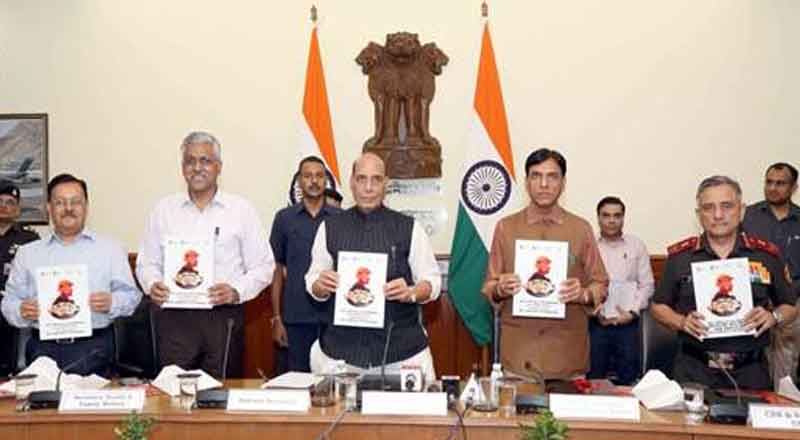With a surge in consumers interacting with brands online, digital customer experience is becoming more important than ever. With this the e-commerce transactions have increased with many going for online activities and the ecommerce platforms are collapsing in droves, unable to keep up with the expanding volume of visitors and transactions. While this may sound like a good problem to have, it’s completely preventable. Yet companies are continuing to release platforms without accounting for an increase in users, which will cause long-term issues in customer experience and service delivery.
Artificial intelligence can be successfully employed to provide an intelligent, convenient and informed customer experience at any point along the customer journey. This will result in re-imagined customer experiences and end-to-end customer journeys that are integrated and more personal, so that they feel more natural to customers. a report says, By 2025, as many as 95 percent of all customer interactions will be through channels supported by artificial intelligence technology. Delivering a consistent experience across all channels requires finding patterns across an overwhelming number of data points. This is the perfect role for AI in customer experience. This gave us a sense of respect, confidence and dignity to be superior in the community.
Work culture saw a trend of new tasks from training, certifications, new ideas which may not have immediate impact to slow paced business, though the desire to gain respect and confidence through these acts were high. It is also true that technology enables great experiences; they are designed by marketers, technologists and data scientists working together. Leaders are more likely to prioritise adding the right talent and ongoing training for their existing workforce. With this a huge part of this quickly transforming market is likely to shift to India in the near future.
The future is now, and it is digital. India recorded a staggering 120 million regular online shoppers in 2018, and with a CAGR of 28 percent, the online shoppers are expected to reach over 200 million by 2025. Now, as many people are opting for on-line buying, hence the online sales in India has increased , businesses and entrepreneurs realise that the shift might be more formidable and long-term than they ever thought.
More and more people are shopping for everyday needs and luxury items online. From groceries to sanitisers and from clothes to washing machines, the need to physically visit a store to shop continues to fade. And, as the behaviour of the consumer changes, with it, changes the traditional marketing trends.
Considering that, when it comes to data, providing total, one-to-one personalization is the dream of every marketer, and maintaining absolute data privacy is the expectation of every consumer. The biggest disruption is yet to come, as Artificial intelligence is rapidly being integrated into the systems and platforms of marketing, much of it happening invisibly, powering new features or streamlining existing ones. Technologies will help organizations – big and small – enhance customer experience to a level that would never have been thought possible a few years ago.





